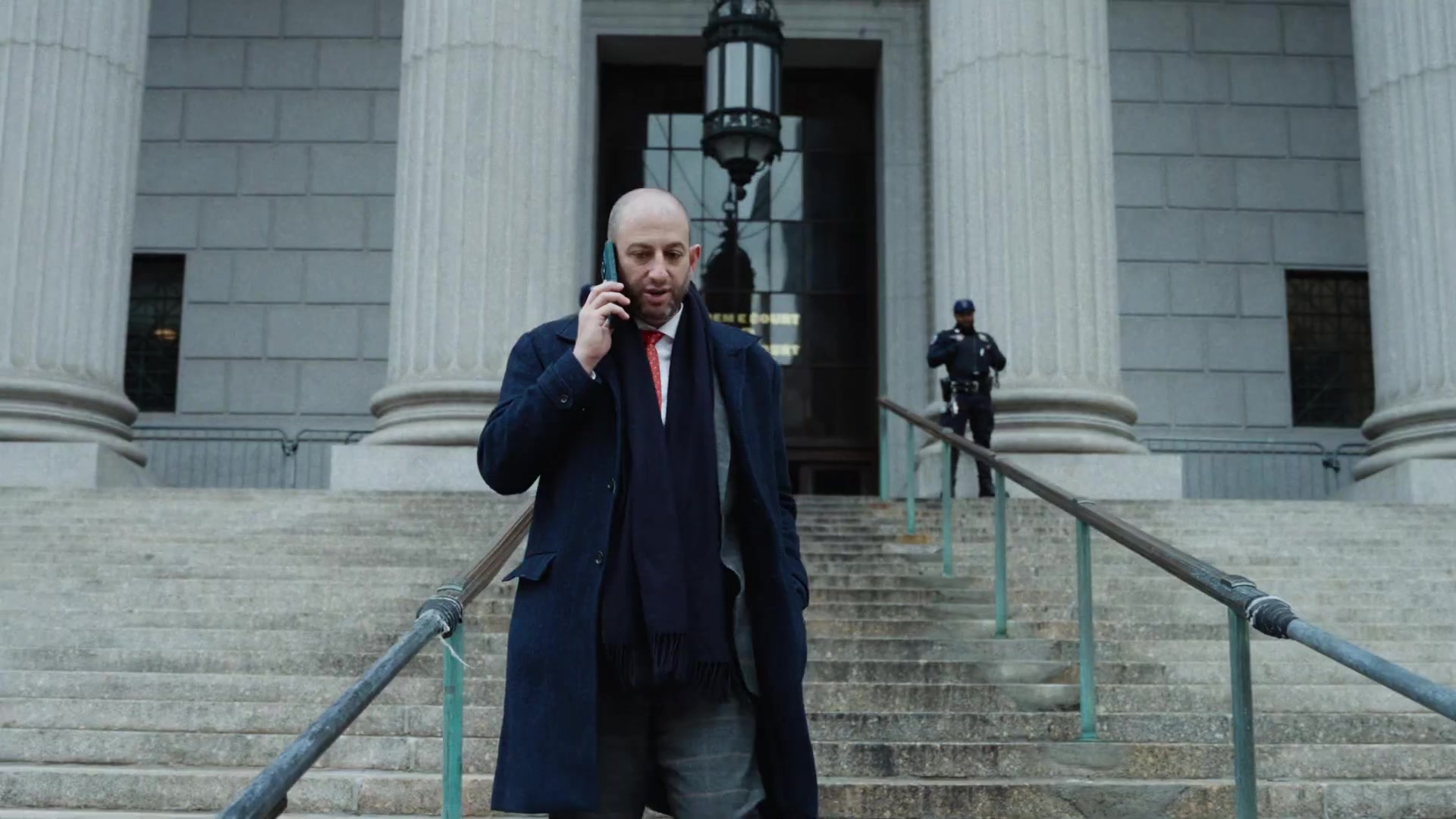Understanding Grand Jury Hearings in the Criminal Justice System
There are two ways that our criminal justice system determines if there's enough evidence to bring someone to trial: a preliminary hearing or a grand jury. While a grand jury hearing is a part of the criminal justice process, it's unlike most other types of court proceedings. The people involved in the process differ from a traditional trial and the purpose of the hearing also sets it apart. Understanding how this process works is important, because some states allow the grand jury hearing to take the place of the preliminary hearing.How is a Grand Jury Hearing Different?
When a grand jury hearing is convened, even those present in the courtroom differs from those in a preliminary hearing. The defense attorney, as well as the judge, are excluded from this hearing, which means this proceeding doesn't involve the adversarial confrontation between defense and prosecutor. This is simply an opportunity for the prosecution to show that there's enough evidence to go to trial. The defendant will be called to testify, but the defense attorney will not be permitted to attend the hearing. In some cases, he may be permitted to wait outside of the courtroom. The prosecutor will question the defendant as he will question witnesses as a means of presenting his case. There will also be a court reporter present in the hearing. It will be the court reporter's job to record everything that happens in the courtroom, which will then become a part of the trial record. The evidence is presented to the grand jury, which is larger than a traditional jury. The jury at trial will consist of 6 to 12 jurors, but a grand jury can consist of anywhere between 16 to 23 jurors. Unlike traditional jury duty, grand jury members are asked to serve over a span of several months, although they may only serve on the grand jury for a few days out of each month.What Happens in a Grand Jury Hearing?
The grand jury hearing is somewhat more informal than a normal court proceeding, because a judge isn't present to keep order. Instead, the prosecutor will conduct the hearing. He will begin by explaining the laws that pertain to the case, so jurors will understand the context of the evidence being presented. They will be asked to review more evidence than that which will be presented at trial, because the rules for evidence are a little more relaxed in a grand jury hearing. Additionally, the proceeding is conducted in secret and jurors are prohibited from discussing the case outside of the courtroom. One reason for this is that it encourages witnesses testifying before the grand jury to speak openly about the facts of the case. Otherwise, they may feel intimidated or worry about retaliation from the defendant, which means they will be more reluctant to tell the truth. Another reason the grand jury hearing is conducted in privacy is to protect the defendant. Often, grand jury hearings involve sensitive criminal matters, which might destroy a defendant's reputation. The privacy of a grand jury hearing will prevent this and protect defendants in cases where there is insufficient evidence to move forward. If the prosecution can't take the case to trial, it's better to avoid a more public display of the case.The Power of the Grand Jury
Unlike a traditional jury, the grand jury doesn't have to decide unanimously one way or the other. Instead, the majority must agree that the evidence is substantial enough to warrant a criminal proceeding. The majority varies from state to state, but generally consists of either 2/3 or 3/4 of the jurors. If the majority are in agreement, an indictment may be filed. Even when the grand jury doesn't vote to indict, the prosecutor still has the authority to file charges. Although the decision is at the prosecutor's discretion, he will often abide by the grand jury's ruling. The grand jury hearing serves as a practice run for the prosecutor to determine the strength of his case, so, if he can't convince the grand jury in a less formal setting, a real trial may be even more challenging. If the prosecutor still feels he can put on a strong case, he may still move forward with the indictment.15,000+
Federal Cases Filed Annually
90%
Plea Before Trial

Defense Team Spotlight
Todd Spodek
Lead Attorney & Founder
Featured on Netflix’s “Inventing Anna,” Todd brings decades of experience defending clients in complex criminal cases.
Frequently Asked Questions
No. You have the right to remain silent and the right to an attorney. Invoke both rights immediately and contact Spodek Law Group.
Every case is different. We offer free initial consultations to evaluate your case and discuss our fee structure.
An arraignment is your first court appearance where charges are formally read. You enter a plea and bail may be set. Having an attorney present is critical.








